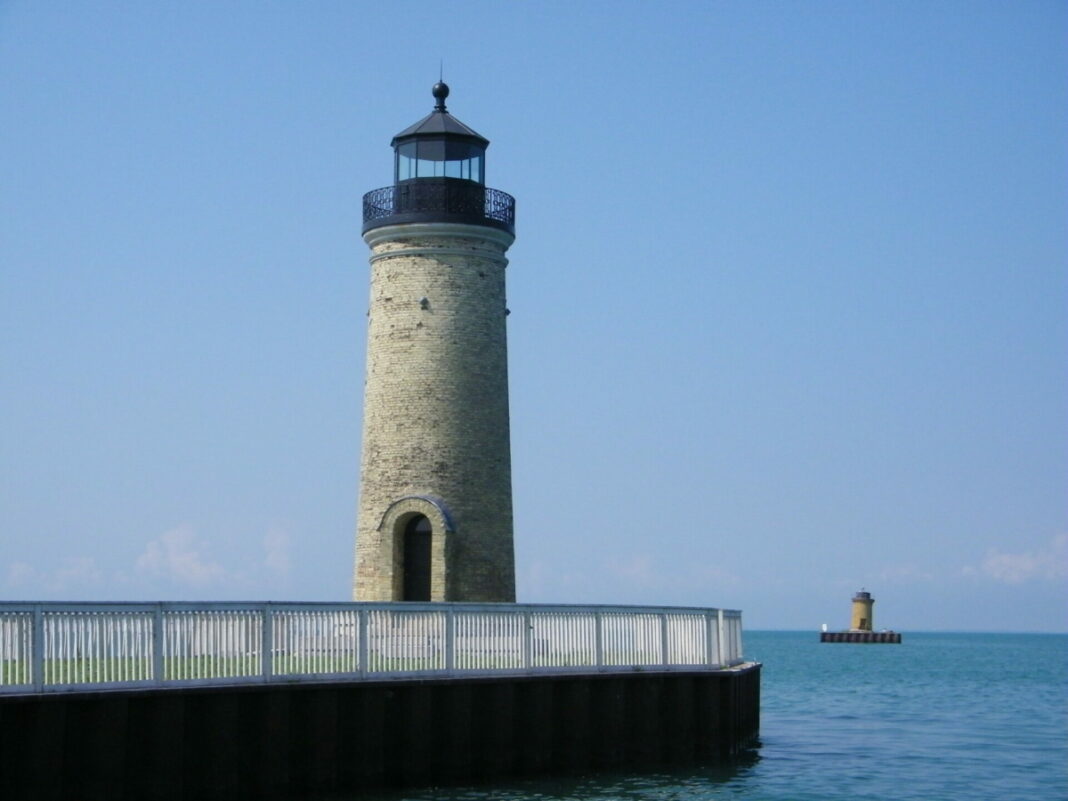Be promiscuous with the sign of the cross. Let the shadow of your hand pass over everything, until all of creation, good in its being, has been raised up and consecrated by our thanksgiving and become a fit participant in a new heaven and a new earth.
–James Matthew Wilson
I will not let you go until you bless me.
–Genesis 32:26
Redford, MI. Occasionally, during my jaunts in the natural world, I bless animals I come across: white-tailed deer, wild rabbits and turkeys, great blue herons, red-bellied woodpeckers, northern spreadwing damselflies, probably others I don’t remember. They stand or perch, looking at me in seeming anticipation. I make my hand in an approximate gesture of blessing, make the sign of the cross and say “Bless you.” If I can tell the sex, I’ll add a “Sister” or “Brother” (more likely they’re cousin creatures to us rather than immediate family). My blessing is for the herbivores to live another day and for any carnivores to breed well. I’m sure some find that silly at best. But I am following precedent.
Many (all?) cultures have blessed someone or something. For us English speakers, the word blessing itself comes up from Germanic paganism, a term related to marking with blood. The word was eventually Christianized to coincide with the blessing rituals found among the Hebrews of the Old Testament.
Blessing is one of those words religiously minded people use without always thinking of what it means or does. So what is it? A blessing is an act that bestows (or at least requests) a supernatural fecundity on someone or something (assuming it can be fruitful). The idea is to douse God’s grace on the subject for some version of an abundant life. In order for a blessing to “work” one has to be open to grace. Are animals open to God’s grace? Probably not in the way you and I might be, but given my (limited) understanding of how the Cosmos works, I feel confident in pronouncing that they are. After all, do not some Roman rite parishes offer pet blessings in honor of St. Francis?
So who, besides the ordained, can bless? Well, almost anyone. Blessing is related to authority; those in authority can bless those under said authority. Humans as regents of the Most High King and bearers of the imago Dei are behooved to bless the rest of creation. Parents, and in particular, fathers, can bless their children. In the past, this was a highly sought-after action. The seeking of a blessing is the start of conflict in several stories in Genesis alone. A difference arises between the ordained and the laity. All of us can bless someone or something and when we do that we invoke the Trinity or some member of it. Invoke derives from Latin and means to call upon or call forth. The ordained, on the other hand, confer a blessing. This Latinate derivation means to bring together. In practice it would look something like this: Lay person–”May God bless you in this endeavor.” Whereas a cleric might phrase it as such: “I bless you in the name of the Father, and the Son, and the Holy Spirit.”
Now, not everyone is under our authority: for instance, the asinine driver who cuts us off on the road. My first instinct is to express anger, but I could (and really should) bless that person. Are we not called to bless our enemies? It’s relatively easy to bless those who annoy us in little ways and provides an opportunity to practice this before we may have to bless someone who curses or harms us. Losing a blessing, by the way, is tantamount to a curse.
In the Old World, blessings were ritually conducted on many material things. England had Plough Sunday, which occurred the first Sunday after Epiphany. Not only was the family plow blessed, but the land was as well. England and other Anglophone countries in the Northern hemisphere also celebrated Lammas, or Loaf-Mass Day (from the Anglo-Saxon hlaf-mas) on August 1. This time of blessing and joy was commemorated by blessing a loaf of bread and sometimes processing to bakeries to rejoice in the first fruits of harvest-time. This followed Rogation days in many countries earlier in the growing season, which were also connected to fertility and blessing.
Here in 21st-century North America, blessing seems to be confined to houses and religious items: rosaries, icons, scapulars, medals, and such things. Why is that? Why don’t we bless more of the world around us? Why don’t we bless our gardens and yards, our parks and rivers? Why not trees, forbs, fungus, and protists while we’re at it?
After the Easter morning mass this year, I asked the priest if he had blessed the Rouge River, that being the watershed where his parish is located. “Why would I bless the river?”
“It needs all the blessings it can get,” I replied. He made a small joke about John the Baptist, but I was a little disappointed by his brush off. I’ve seen a photo of at least one Orthodox priest blessing the Mississippi River during Theophany, so it isn’t completely unheard of. Oikologia (ecology) should precede oikonomia (economy), right?.
Forest bathing (literally from the Japanese shinrin-yoku) is a practice gaining popularity within naturalist circles. Essentially, it’s spending quiet time in forests. Not only does a verdant landscape relax our minds and spirits, but in coniferous heavy areas, the trees release phytoncides which are relaxing chemical compounds for humans. The idea of forest bathing is to gain some pleasurable feelings from the natural world and hopefully want to protect these sylvan spaces. I’m all for true conservation and loving your place, but forest bathing can devolve into a consumerist experience: what am I going to get out of going to the woods? I think we can get on the other side of that taking equation and give (granted, in a small way) back by practicing a deliberate blessing for the places we inhabit and visit.
This past January, I won a charter fishing trip to Lake St. Clair. Before we drop our lines in the water in June, I’m going to perform a quick blessing ritual, including some holy water from this year’s Theophany vigil. It isn’t to ensure a bountiful catch (that would be superstitious, but hey, externalities!); it’s to help a lake (some call her the sixth Great Lake) that suffers from sewage, storm, and ag runoff and develops colonies of toxic strains of E. coli that cause some of the beaches on the Michigan side to shut down until the bacteria dies off, among other problems.
Has some priest already blessed Lake St. Clair? I hope so, but there are only so many priests and most of them are probably as ignorant of ecology as most of their parishioners. So somebody has to do it, right? What’s stopping you from blessing your yard, neighbors, and neighborhood, your watershed, the land you drive over every day? Bless the world, literally, and with your being. Offer it up to the one who has created it and cares for us all.
Image Credit: Photo of Lake St. Clair by Corey Seeman via Flickr











Scott– Thanks for your excellent article. I thought of “blessings” last week when Michael and I were talking to Martin Shaw on the podcast. He has these really wonderful shorthand phrases like “Don’t tell a tree what it is.” and “Come up with 12 secret names for a tree.” Insofar as blessing in the Bible implies an intimate relationship between the blesser and the blessed, and insofar as you correctly assume that most priests will not pick up the significance of blessing rivers and watersheds, I think we need a lay movement along the lines of what Shaw is getting at. In my mind it is even more powerful, for nature, than a priestly blessing as it recapitulates the distinction between some guy going up to a woman and saying “You’re awesome.” (Yawn!) versus that type of blessing a woman receives when you say something more particular, (or “local”), like, “I like the way your eyebrow shifts each time I say your middle name.” There could be an order of lay people dedicated to the resurrection of nature based on such distinctions.
Hey Mike,
Thanks. I think it all starts with our watersheds, knowing them and loving them. Small enough to know, large enough to experience some limited biodiversity. And we certainly need more people blessing the land, sky, and water.
Comments are closed.